Judges deny complicity, but the complaint against John Hlophe poses grave questions about their own integrity
Earlier this week the judges of the Western Cape High Court elected, through the office of the Chief Justice, to issue a fairly remarkable statement on the controversy generated by the complaint brought by Deputy President, Patricia Goliath against Judge President, John Hlophe.
There were the usual platitudes about how they welcomed the Judicial Service Commission’s statement that it would seek to resolve the matter as expeditiously as possible. But then there was this:
It has been suggested in the press that the judges of this Division have remained silent through cowardice or complicity. That is emphatically not so. Given the procedure for investigating complaints against judges, the proper place for judges with relevant knowledge to speak is before the JCC [Judicial Conduct Committee] and any Judicial Conduct Tribunal that may be established.
And then this:
We can assure the public that we have always adjudicated, and will always adjudicate, cases allocated to us fearlessly and with absolute impartiality.
Hmmm….
Is that all the judges of the division who chose to issue the statement? Permanent and acting judges? And these were the issues on which they chose to speak with one, united voice?
That seems fairly odd. Because, of course, among the most grave allegations made by Goliath is that cases were allocated to judges according to their perceived partiality. And not run-of-the-mill, custody dispute cases (though that would have been sufficiently concerning) but matters of the gravest consequence for every South African. Of the Earthlife Africa matter, requiring determination of the validity of South Africa’s various nuclear energy agreements, Goliath has said of Hlophe that he “attempted to influence me to allocate the matter to two judges he perceived to be favourably disposed to the former President.”
Goliath also maintains that the appointment of acting judges, many of whom served for extended periods, was undertaken by Hlophe and his wife Judge Salie-Hlophe as if it were their personal largesse to be gifted their favoured persons.
For what it’s worth, it is interesting to note the curious snippet contained in the judgement delivered last week in the matter between the Department of Agriculture, Forestry and Fisheries and the law firm of B Xulu and Partners Incorporated. Barnabus Xulu, of course, is the personal lawyer of Hlophe. Last week’s judgment requires of Xulu that he repay over R20 million to the department but an earlier stage of the litigation, during which Xulu had been demanding payment of those monies had come before Goliath as judge. When she requested additional evidence from Xulu and that other potentially interested parties be notified, he complained to Hlophe. Golaith thereafter no longer presided in the matter.
That may be utterly coincidental. And Goliath’s allegations in respect of Hlophe may prove to be untrue. But it’s hard not to see how the judges of the Western Cape High Court don’t apprehend that the complaint and surrounding context pose the gravest questions for their integrity and impartiality. And short of definitive resolution of the complaint, no aggrieved public statement assuring the public of their impartiality could possibly be enough.
The judges also contend that their silence is not the product of cowardice or complicity. It’s certainly true that it would be inappropriate for judges to weigh in on matters of everyday social comment. To do so would be to risk the integrity of the judiciary and impair confidence in its fairness and impartiality. They speak principally through their judgments. But when the matters of the day go straight to the heart of their integrity and impartiality, as the allegations contained in the Goliath complaint necessarily do, they must speak.
And such statements must have weight. They can’t issue empty assurances and certainly not in this instance because they must know, as their statement also acknowledges, that until the complaint and surrounding allegations are definitively addressed their integrity hangs in the balance.

